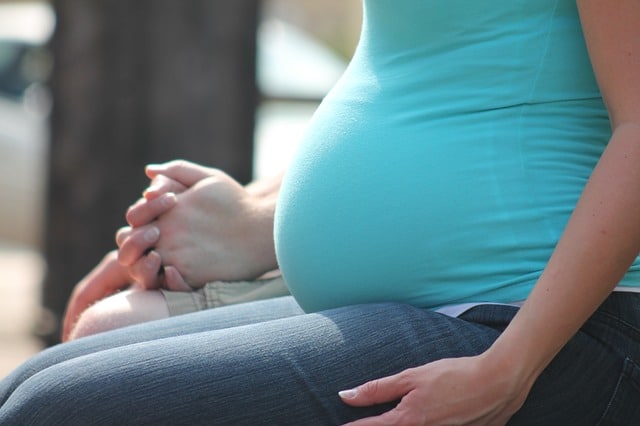In Alabama, drug abuse by pregnant women is considered child abuse. The state is one of three that allows mothers to be criminally prosecuted for it. But some women appear to have been drug tested by hospitals without their consent and without being informed they could be arrested for a positive result.
Those are the findings of an investigation by al.com and ProPublica. ProPublica reporter Nina Martin took part in the investigation.
Widely Varying Policies
Martin says of the hospital testing policies they could obtain, they found a range of practices.
“Some hospitals in Alabama apparently test all women,” said Martin. “Some apparently test all babies. Some may do both.”
Martin says other hospitals test women and possibly babies based on certain criteria. For instance, if a mother looks high or has certain pregnancy complications, she may be more likely to be tested.
“A major one though is a lack of prenatal care or inadequate prenatal care,” said Martin.
Martin says if a mother and baby test positive for an illegal drug, it’s generally understood that information is to be turned over to the Department of Human Resources — the child welfare agency in Alabama.
“Some hospitals may also be giving that information directly to law enforcement,” said Martin. “DHR does turn that information over to law enforcement.”
Questionable Consent Practices
The American College of Obstetricians and Gynecologists recommends mothers only be tested if they have informed consent.
“That means not just that the mothers are given a piece of paper to sign, but that the doctors explain what’s going on.” said Martin. Women are also to be told about the potential consequences if she tests positive.
“That doesn’t seem to happen in very many Alabama hospitals,” said Martin.
Martin said the majority of hospital consent forms they obtained do not mention drug testing and instead include it under generic terms such as a “diagnostic procedure.”
There is one U.S. Supreme Court case, Ferguson v. City of Charleston, that touches on the issue. In 2001, the court ruled a public hospital in South Carolina which involuntarily drug tested women and then turned the results over to law enforcement only for prosecution purposes violated the fourth amendment’s protection against unreasonable searches and seizures.
“The case actually left the issue of consent very unclear,” said Martin.
ProPublica and al.com shared the Alabama hospital consent forms with legal experts. Martin says they all said the forms were unclear and not the standard for consent. They could be unconstitutional.
Little Response from Hospitals
Martin says most hospitals didn’t want to participate in the investigation.
“[The hospitals said] it was not their policy to discuss these issues in public,” said Martin.
Martin said she spoke with representatives of the Alabama Department of Public Health. One confirmed there is no consistency in testing policies among hospitals. She said the state didn’t know which hospitals used which approach.
“Even public health officials in Alabama who are charged with caring for and directing programs for pregnant women and new mothers don’t know hospital testing policies,” said Martin.
A parallel investigation by ProPublica and al.com examined Alabama’s use of the chemical endangerment law to prosecute mothers.

